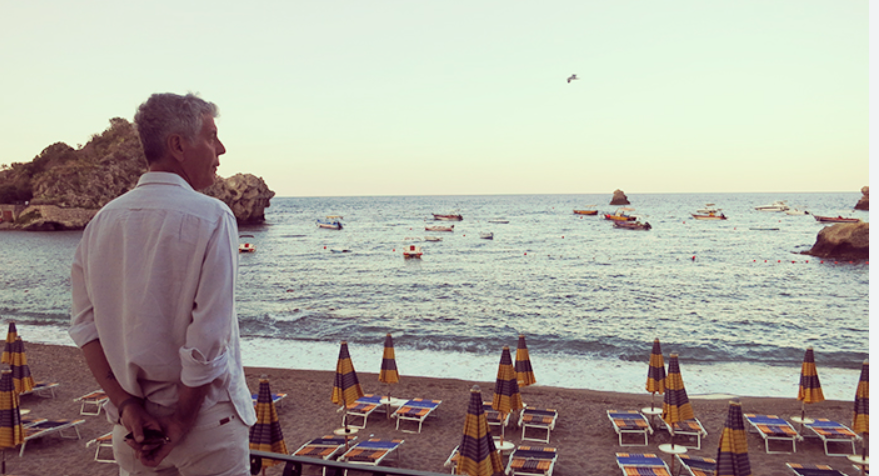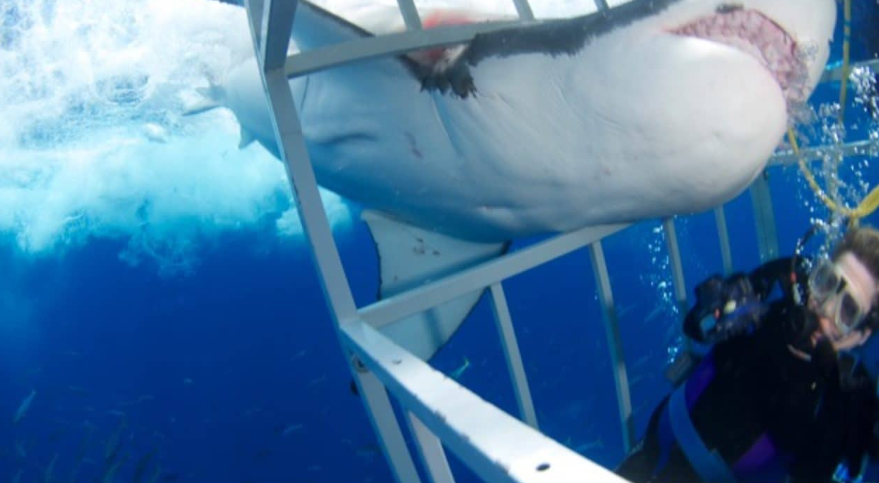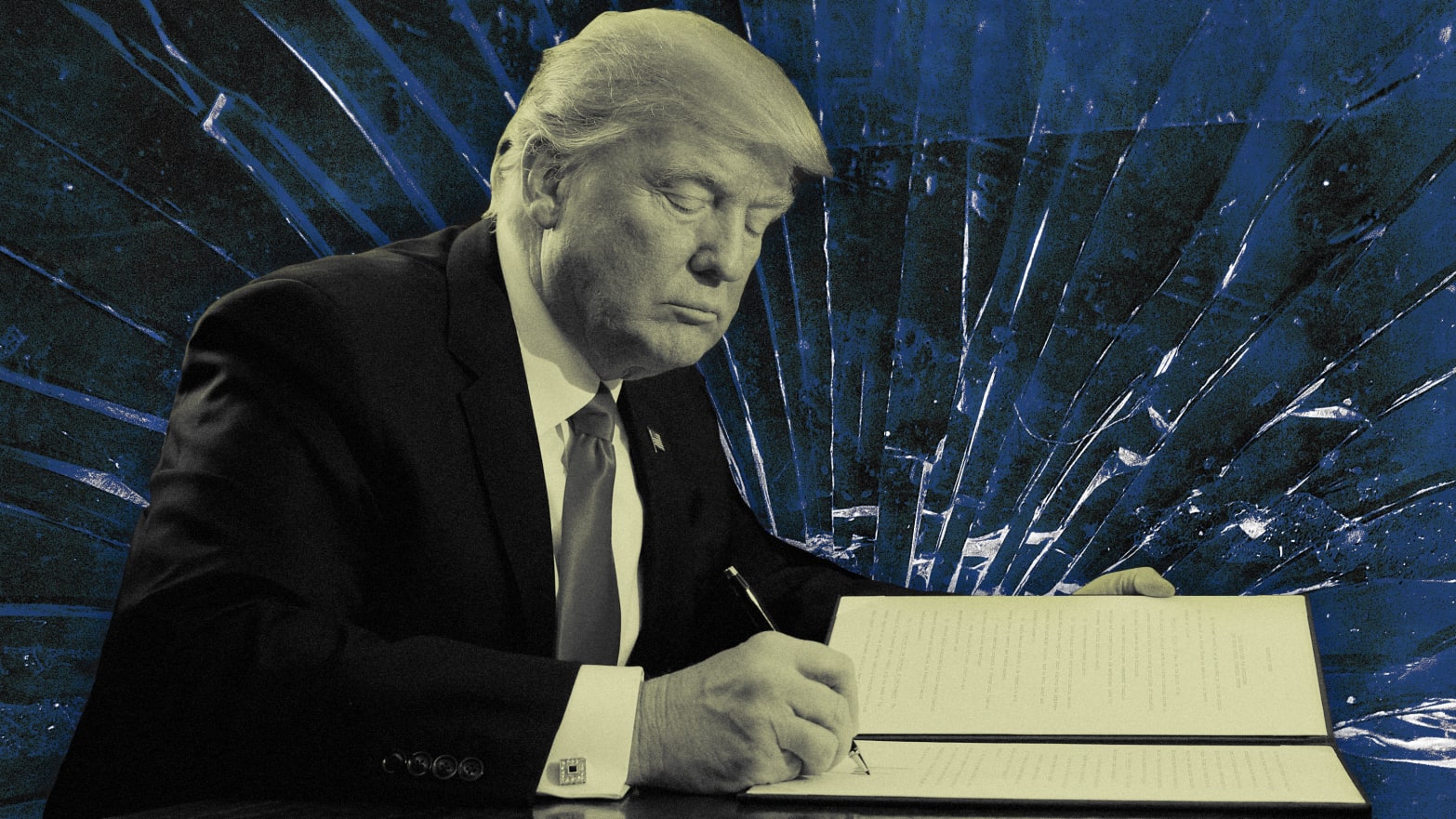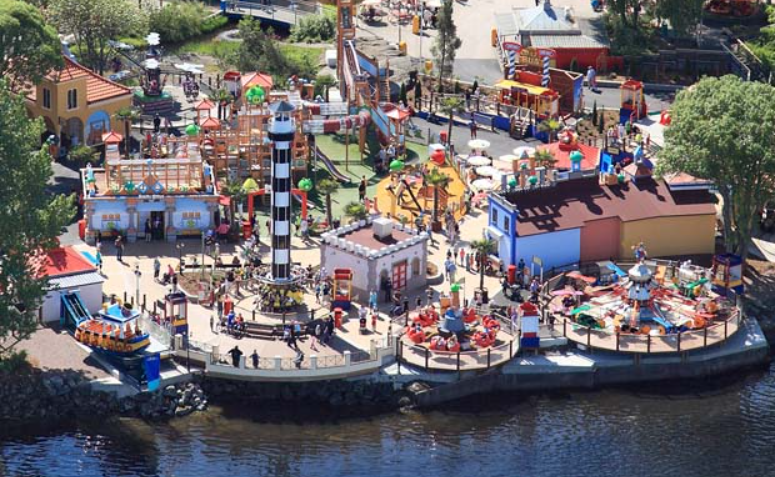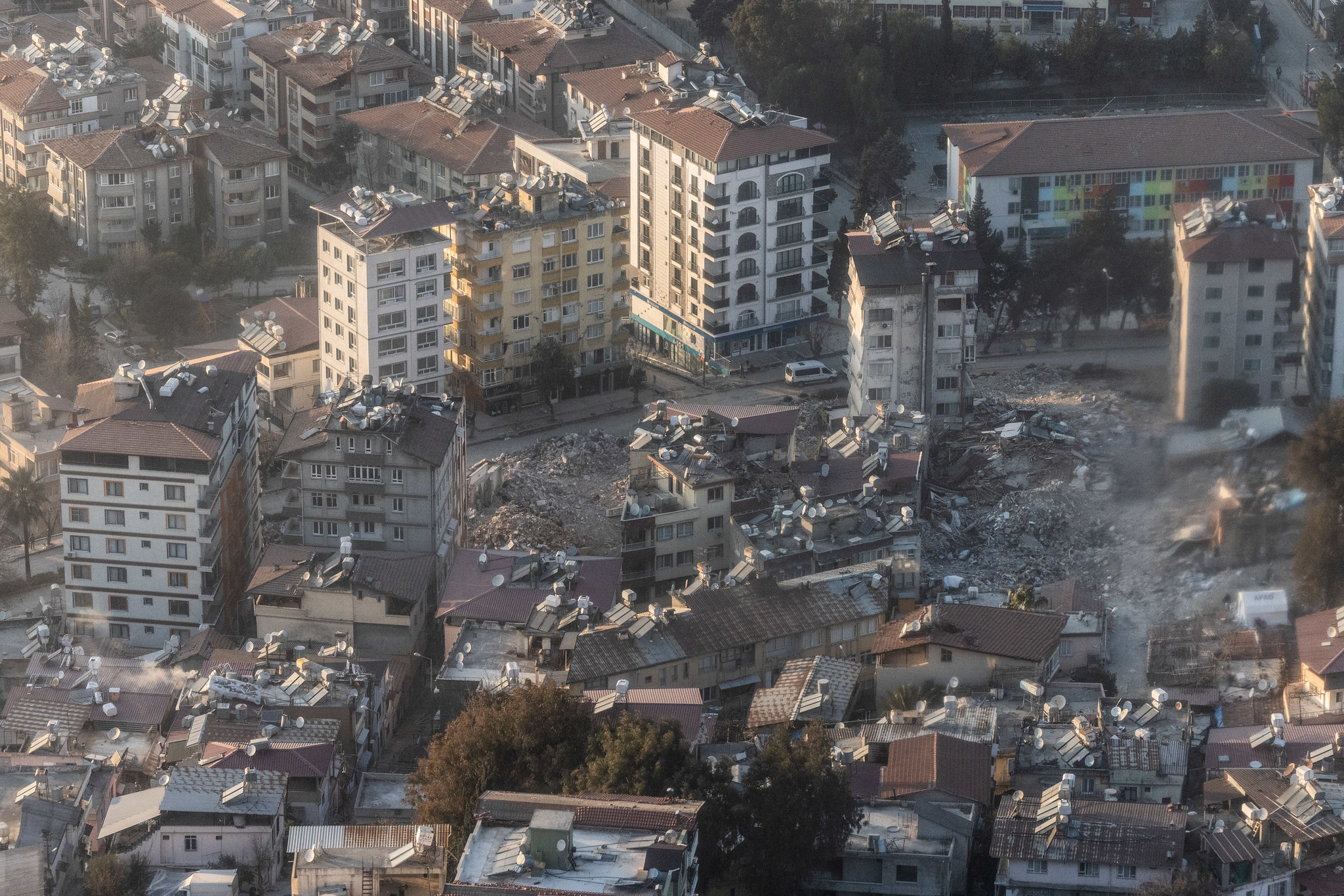
Since my early 20s, I’ve been studying two things which fascinate me.
- The words that someone chooses to use.
- How self-interest in politics creates and maintains geographic divisions.
I believe humanitarian aid should be accessible to anyone–much more so than military aid, which Western governments incur debt to provide almost instantaneously–regardless of background, ethnicity, or geographical location.
I am a person who is constantly studying the “feel” of language. Word usage, and especially what words are omitted or used, is very important to me. Knowing the geopolitical divisions in the region that caused the devastating earthquake on Monday and how they serve Turkey, Syria, and the West, it’s not surprising that Western media and governments have failed to mention the fact that the autonomous region Kurdistan has also been affected.
The mainstream media refers to the earthquake in Turkey as “the Turkey-Syria earthquake” without mentioning Kurds, even though Kahramanmaras, where the epicenter was located, is not a majority Kurdish city, but does have a significant Kurdish community. The majority of the population in cities further east that were badly affected by this earthquake is Kurdish. These include Urfa, which was the largest Kurdish city in the world, and Diyarbakir.
A Moral Compass
I was raised with a Western media diet. ( No, I won’t say “I turned up okay.” ) I didn’t realize the difference in reporting until I spent several years living in “the east”. I realized that there are no universal ethical standards in journalism.
It was not until Halime Akturk texted me that I realized the omission. She is a former Kurdish reporter and a upcoming filmmaker. “There are no words to describe what people in Turkey, Kurdistan, and Syria are experiencing right now.”
Halime’s words had been my moral compass in the past.
It was disappointing but not surprising to learn, through Halime, how Western media outlets selectively chose which ethnicities, regions, and geo-cultural areas to highlight, and never mentioned Kurdish. Another example of the Kurdish being ignored. (READ: erased)
The media sells narratives that influence the minds of Westerners in the following ways:
Answer: None.
Why?
They did not receive any instructions. ( As social animals, we want to fit in with the norm.).
Where is the social media praising earthquake victims? Social media was flooded with messages of support for earthquake victims.
As I am going off on a tangent I would like to ask: why is it that the US can send $115 billion worth of “aid” to Ukraine ( tongue-in-cheek ) but cannot find the political will to lift the crippling sanctions against Syria, even for a short time, after the earthquake?
Geopolitical divisions determine if you are a friend of the US and therefore “the West” or if you’re expendable, which is often unrecognized. (e.g., Kurdistan)
Some days I think we’re all selfish pieces of work.
Erdogan’s dichotomy
In the moment I am writing this, there are two things happening: on one hand, an earthquake that has caused more than 33,000 deaths and will continue to do so, while on the other, Recep T. Tayyip Erdoan is vying for reelection in a June 18 election. ( NOTE : Erdogan said that, before the earthquake, the election could be held as soon as May 14,. What a contradiction!
The past is instructive. At least 600 people died in 2011 after twin earthquakes struck near Van, a city with a large Kurdish population. The Turkish Government provided “questionable” aid, as officials determined, on a per-case basis who would be receiving emergency tents. The Turkish government also prevented aid reaching cities with a majority of Kurdish people.
As in 2011, the issue of Turkey’s Kurdish minority is also influencing the humanitarian response to February 6th’s earthquake. Kurdish Relief Foundations had to covertly work in response to Erdogan’s crackdown on visible intra-Kurdish support.
I consider Erdogan’s actions a waste, as they are a missed opportunity to earn international goodwill. This is something Turkey needs desperately, especially given Erdogan’s efforts to impose Erdogan’s will on NATO.
It is possible to argue, however naive it may seem, that Erdogan could use the earthquake to change the relationship between Turkey and its Kurdish population. It is unrealistic to expect that Erdogan’s Turkish government would also recognize Kurdistan.
I make this claim because Greek and Turkish Foreign Ministers George Papandreou, and Ismail Cem, capitalized on an earthquake that occurred in Izmit, near Istanbul, on August 17,1999. The earthquake killed more than 17,000 people. This led to a reorientation of Turkey-Greece Relations. A new peace initiative would boost Erdogan’s image in the lead-up to Turkey’s presidential elections.
Sadly, today’s situation is quite different from the 1990s. In 1999, Turkey was more European-oriented. Erdogan today plays the tension card against the Kurds, and anyone who opposes the political ideology he holds, and hasn’t pushed Russia away from Ukraine when it invaded like the West.
Wishful Thinking
What I have just said is a wishful thought. This can only happen if Erdogan believes that his political survival and self-interest depend on a dialog with the estimated 14,000,000 Kurds in Turkey. Unfortunately, this is not the case. Erdogan’s record and the history of Turkey show that after natural disasters there is more anti-Kurdish violence.
Erdogan also knows that The National Alliance has not been able to convince voters they are a force of change. A large number of Turkish citizens who were affected by the earthquake have been made homeless and are less likely to want or be able to vote. Hardliners gain when voter turnout drops. A low turnout will give Erdogan’s right wing coalition an edge.
In an effort to show that Erdogan’s self-interests are more important than helping his citizens, he declared a state of emergency for three months covering the 10 provinces in the south of the country affected by the earthquake. Then, Turkish forces began bombing Kurdish militias in Syria.
Erdogan’s targeting Kurds has led to a militarization of Turkish society and a division between Turks of Kurdish descent in Turkey, as well as the rest of Turkey. Not just in the West, but around the world, it is a powerful political strategy to promote divisive narratives. I’m left wondering why people continue to buy into these narratives.
Erdogan also undermined US-Turkey ties because Kurds are America main ally, in a multinational coalition to fight ISIS. This is why I think no US administration has attempted to mediate a ceasefire in Turkey’s war against Kurds while Erdogan was in power. Optics is a crucial tool when navigating geopolitical divides.
The Turkish government has self-interests. The US government has its own self-interests, despite the fact that it is undoubtedly leading the West. Another dichotomy: If someone sins differently from you, are you the one to judge them. There are many contradictory facts in the world that keep our debates going.
The earthquake has temporarily relieved some of the tensions that were building up ahead of the upcoming elections. Turkish politicians of all stripes pointed fingers at each other over Turkey’s hyperinflation and censorship as well as high housing costs and security concerns. After the tragedy of the earthquake has passed, and the media coverage is fading, I’m sure Erdogan will go back to his divisive and nationalist policies that will help him win the elections.
Puzzling
It is surprising that Erdogan does not recognize the damage done by his government’s treatment towards the Kurds to Turkey’s standing internationally as a democratic and economic leader. The US will most likely not use its economic and diplomatic leverage to help Turkey economically and socially in the wake this week’s disaster, even though it would be to its advantage. However, that does not mean Erdogan can’t put aside geopolitical divides and see the earthquake as an historic opportunity to create a legacy of peacefulness rather than oppression.
Erdogan’s story, like that of most politicians, is one about power. In a crisis, every politician wants to appear as a strong leader. According to UN Relief Chief Martin Griffiths, there are millions of homeless people, medical catastrophes looming, and an estimated death toll that will exceed 50,000. Erdogan has no control over this natural disaster.
It is not out of his reach to put aside differences. His power is sufficient to act in the best interests of all those who live within Turkey’s borders and its neighbours, whose lives have been destroyed in an instant. I hope Erdogan will soon recognize compassion as a way to further his own self-interest both at home and abroad.











